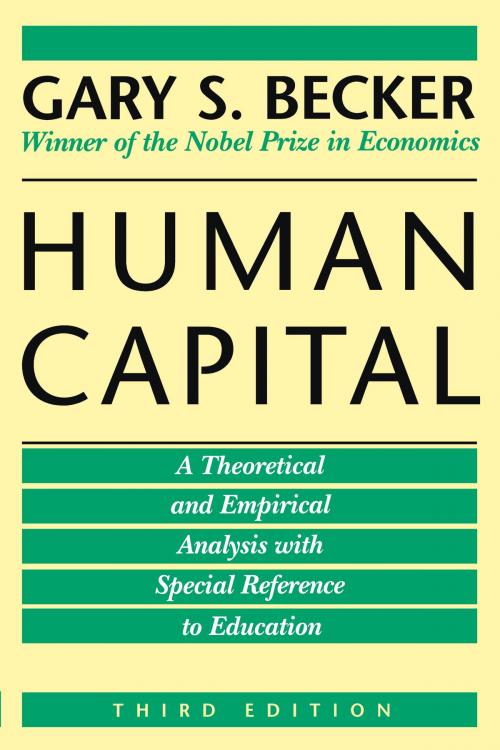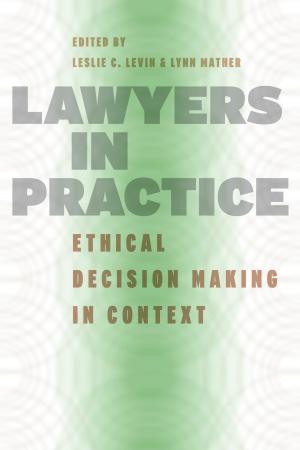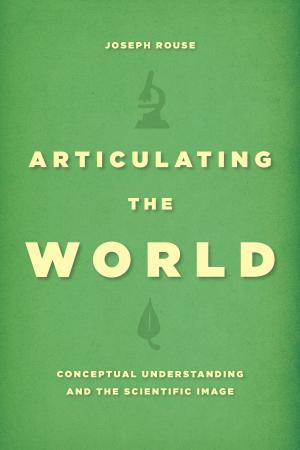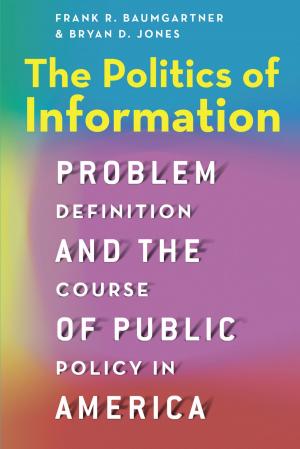Human Capital
A Theoretical and Empirical Analysis, with Special Reference to Education
Business & Finance, Career Planning & Job Hunting, Labor, Human Resources & Personnel Management| Author: | Gary S. Becker | ISBN: | 9780226041223 |
| Publisher: | University of Chicago Press | Publication: | May 15, 2009 |
| Imprint: | University of Chicago Press | Language: | English |
| Author: | Gary S. Becker |
| ISBN: | 9780226041223 |
| Publisher: | University of Chicago Press |
| Publication: | May 15, 2009 |
| Imprint: | University of Chicago Press |
| Language: | English |
Human Capital is Becker's classic study of how investment in an individual's education and training is similar to business investments in equipment. Recipient of the 1992 Nobel Prize in Economic Science, Gary S. Becker is a pioneer of applying economic analysis to human behavior in such areas as discrimination, marriage, family relations, and education. Becker's research on human capital was considered by the Nobel committee to be his most noteworthy contribution to economics.
This expanded edition includes four new chapters, covering recent ideas about human capital, fertility and economic growth, the division of labor, economic considerations within the family, and inequality in earnings.
"Critics have charged that Mr. Becker's style of thinking reduces humans to economic entities. Nothing could be further from the truth. Mr. Becker gives people credit for having the power to reason and seek out their own best destiny."—Wall Street Journal
Human Capital is Becker's classic study of how investment in an individual's education and training is similar to business investments in equipment. Recipient of the 1992 Nobel Prize in Economic Science, Gary S. Becker is a pioneer of applying economic analysis to human behavior in such areas as discrimination, marriage, family relations, and education. Becker's research on human capital was considered by the Nobel committee to be his most noteworthy contribution to economics.
This expanded edition includes four new chapters, covering recent ideas about human capital, fertility and economic growth, the division of labor, economic considerations within the family, and inequality in earnings.
"Critics have charged that Mr. Becker's style of thinking reduces humans to economic entities. Nothing could be further from the truth. Mr. Becker gives people credit for having the power to reason and seek out their own best destiny."—Wall Street Journal















